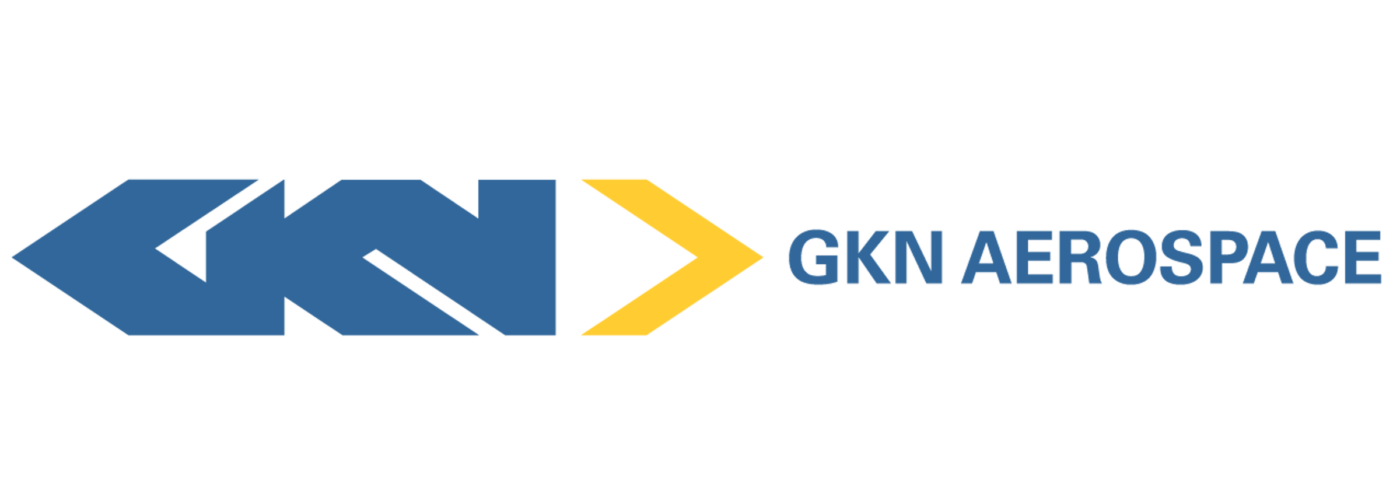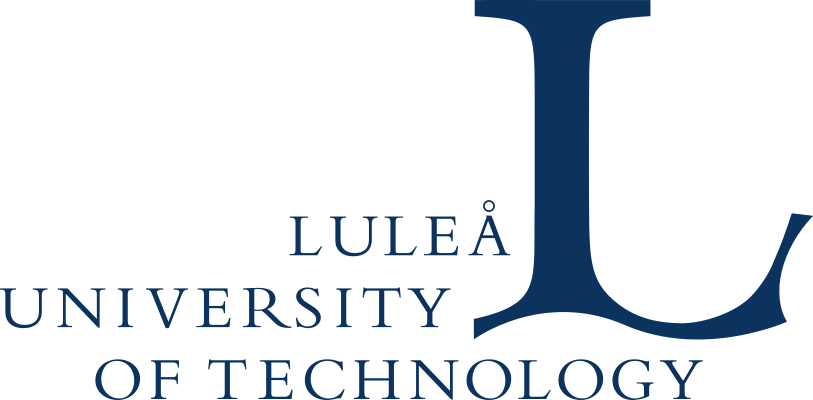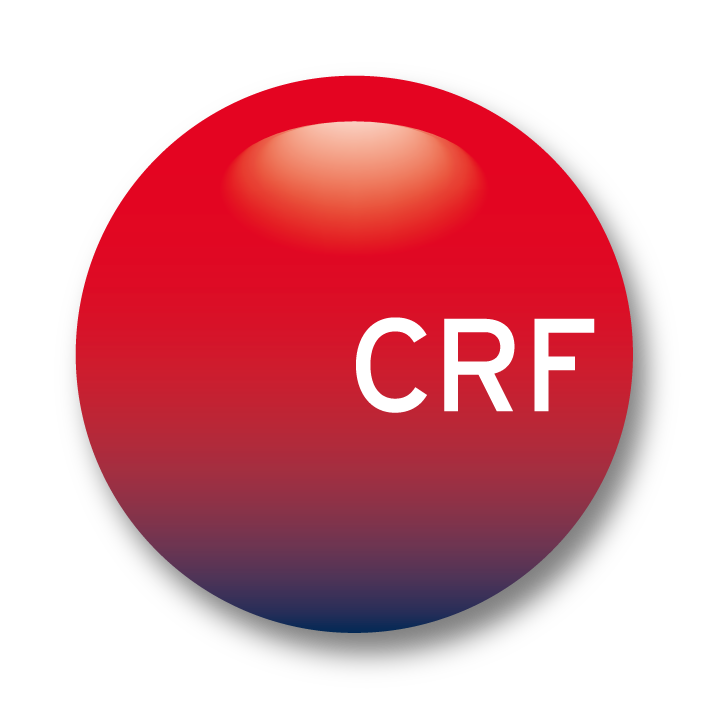Partners
Sintef Manufacturing
SINTEF, one of Europe’s largest independent research organizations, is a key partner in ALABAMA, specializing in additive manufacturing, vision systems, robotics, and materials technology. Their role includes advancing multi-laser DED-LB/M technology by automating laser movements and integrating feedback control systems. SINTEF’s infrastructure includes state-of-the-art equipment for additive manufacturing, CNC machining, and materials testing, providing comprehensive support for the project’s development and innovation.


MTNC
The Manufacturing Technology Norwegian Catapult Centre provides expertise and equipment in production technology through its 7 mini-factories. As a national hub for innovation, MTNC supports advanced production by testing production lines before full-scale rollout. At ALABAMA, it will serve as a testbed for adaptive laser positioning in multi-laser DED-LB/M with advanced monitoring and robotic control.
Fundacio Eurecat
Located in Catalonia, Spain, Eurecat specializes in industrial R&D and innovation projects across Europe. The Metallic and Ceramic Materials Unit focuses on the relationship between microstructure and mechanical properties of AM materials. Eurecat’s roles include evaluating AM manufacturing processes and performing various tests such as rapid fatigue, in-situ micro tensile, nanoindentation, topographical, and microstructural characterization. Key infrastructure includes SEM, EBSD, nanoindenters, optical 3D profilometry, servo-hydraulic testing machines, and a DIC system.
Fraunhofer IWS
Fraunhofer is a global leader in applied research, focusing on key technologies and their business applications. The Fraunhofer Institute IWS specializes in materials and laser technology, offering customized solutions from laser applications to functionalized surfaces and process innovations. Key infrastructure includes CBC laser source, diode lasers, DED-LB/M machines, and a metallographic laboratory. Fraunhofer Institute SCAI focuses on machine learning, data analysis, optimization, semantic models, energy grid assessment, virtual material design, multiscale methods, and high-performance computing.
Fraunhofer sCAI
The Fraunhofer Institute for Algorithms and Scientific Computing combines know-how in mathematical and computational methods with a focus on the development of innovative algorithms and their take-up in industrial practice – bringing benefits to customers and partners. The business area Multiphysics develops interface solutions for consistent and efficient data exchange in a wide range of simulation and testing areas:

Aerobase
Aerobase is a Swedish company based in Luleå and Trollhättan specializing in FE simulations and material modeling. They offer advanced material models for manufacturing processes and complex in-service loading. Their flagship products include Phases, a library for predicting microstructure during thermo-mechanical processing, and SafeLight, a library for material failure prediction. Aerobase will lead WP7, developing digital tools for process optimization, advanced material models, and tools for scanning path optimization and defect rectification. They will also perform component-level optimization.
nordic additive manufacturing
NAM is a Norwegian SME specializing in additive manufacturing and material science. It collaborates with local SMEs to establish industrial-scale additive manufacturing. NAM will optimize and redesign impellers using DED-LB/M process design rules. Key infrastructure includes a TRUMPF TruLaser Cell 3000 with a TruDisk 3001.


gKN Aerospace
GKN Aerospace is a leading tier-one aerospace supplier with over 15,000 employees across 38 sites in 12 countries, serving over 90% of the world’s aircraft. In this project, GKN will use its computational cluster to develop and utilize tools for DED-LB/M. The GOM ATOS equipment will evaluate distortions from the DED-LB/M process, and the in-house material laboratory will assess material integrity as needed.
Luleå University of Technology
LTU is a Swedish university with a strong background in applied research, particularly in thermo-mechanical processes, welding, and additive manufacturing. They offer mechanical material testing, material characterization, and development of numerical models. Luleå University will lead T6.8 to analyze samples from coupon tests and T9.1 to develop component scale simulation models. They will also contribute to WP7 and WP8 in developing process and material models. Key infrastructure includes a computer cluster and XCT – Zeiss Xradia 510 Versa.

iris
IRIS is a dynamic SME specializing in laser and plasma technology applications for the circular economy. Established in 2012, IRIS focuses on efficient solutions in niche markets. Key expertise includes laser welding, additive manufacturing (DED-LB/M), surface treatment with atmospheric plasma, and thermochemical conversion for wastewater recovery. IRIS pioneers advances in DED-LB/M methodology and develops intelligent, self-adaptive laser process solutions.
Centro Ricerche Fiat
CRF aims to enhance the competitiveness of Stellantis products through innovative products, processes, and methodologies. Collaborating with over 1700 partners globally, CRF focuses on sustainable mobility and industrial research exploitation. Their research spans environmental, social, and economic sustainability. In the ALABAMA project, CRF will define product and manufacturing needs for hybrid manufacturing, integrating it with current production lines for premium and high-volume vehicles. They will also improve DED at IRIS pilot facility and adopt best practices at Stellantis South Europe Manufacturing center.

Technovative Solutions
Technovative Solutions is a UK-based company located in Manchester. Technovative Solutions operates as a solution incubator, developing innovative digital solutions to address real world challenges as faced by industry. Their solutions evolve around achieving net zero through promoting a circular economy and fostering a sustainable environment.
Flowphys
Flowphys is a Norwegian SME specializing in multi-physics simulation software. Their main product, the Flowphys software suite, offers multi-physics and coupled simulations, as well as shape and parameter optimizations. The full software suite is a desktop app. In addition, there are also open access online cloud based versions with limited features. The online simulators are template-based to provide easy input & simulation control. In the ALABAMA project, Flowphys’s roles are focused around performing melt pool simulations, optimizing process parameters, and extending their online tools. Key infrastructure includes computer servers.

